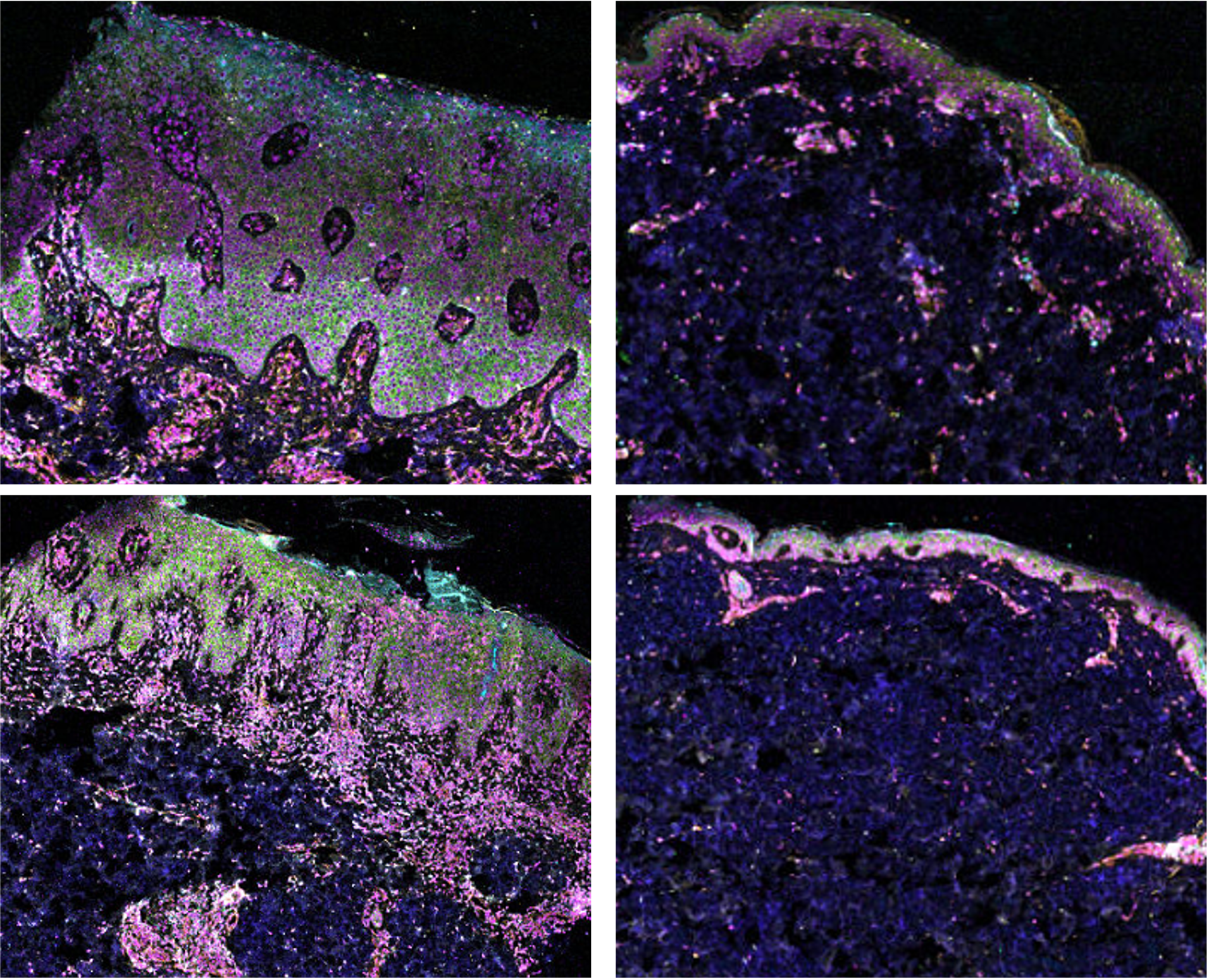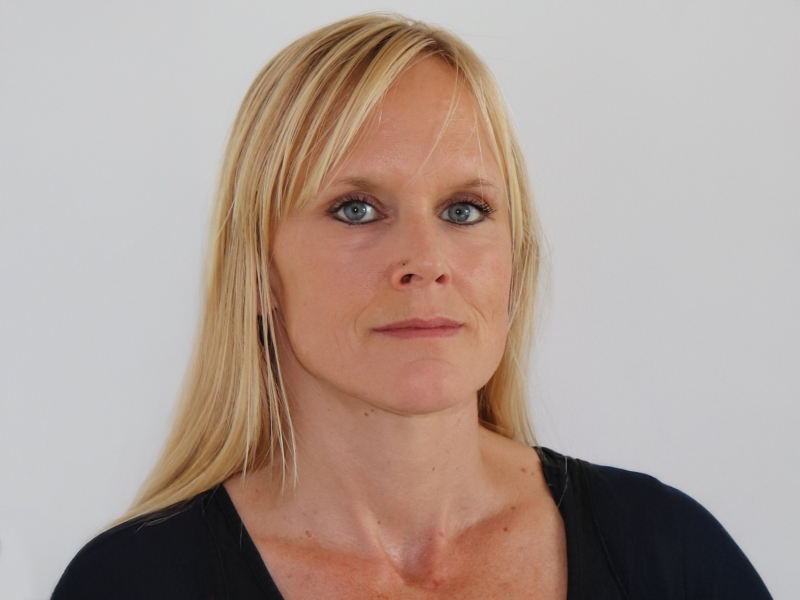What we investigate
Our expertise encompasses both basic and translational immunological research in inflammatory skin diseases and tumor immunology. We investigate innovative therapies for atopic dermatitis (CK-CARE, Davos) and study melanoma and pancreatic cancer (ITMP, Bern) using multiomics and systems biology approaches to comprehensively analyze complex biological systems and identify novel therapeutic strategies.
KEYWORDS
atopic dermatitis, immune regulation, innovative therapies, multiomics, tumor immunology

Our research in more detail
In our interdisciplinary research teams, we employ cutting-edge technologies to uncover novel mechanisms of immune regulation through high-dimensional data analysis. Our focus lies in understanding the intricate processes involved in atopic dermatitis (AD) and tumor immunology, particularly in melanoma and pancreatic cancer. We utilize advanced techniques such as CITE-seq, spatial transcriptomics (ST), imaging mass cytometry (IMC), and CyTOF to dissect the complex interactions among immune cells and their microenvironments. In our studies on AD, we focus on identifying critical cellular mechanisms and molecular markers that could serve as therapeutic targets, as well as prognostic and predictive biomarkers. By investigating both adult and pediatric cohorts, we explore the dynamic interplay between innate and adaptive immune responses, focusing on critical mechanisms like trained immunity and immunoregulatory pathways that influence disease progression. Simultaneously, we are committed to enhancing immunotherapies for melanoma and pancreatic cancer through a detailed analysis of the tumor microenvironment. Our cutting-edge techniques allow us to examine immune cell activity and expression of immunoregulatory markers within tumors, providing insights into improving treatment strategies. Through these multifaceted approaches, we aim to deepen our understanding of immune dynamics in both inflammatory and malignant conditions, paving the way for innovative and personalized therapeutic interventions.
Selected publications
SKINTEGRITY.CH Principal Investigators are in bold:
- Traidl-Hoffmann C, Afghani J, Akdis CA, Brüggen MC, …, Schenk M, …, Yasutaka M, Zink A and Schmid-Grendelmeier P (2024). Navigating the evolving landscape of atopic dermatitis: Challenges and future opportunities: The 4th Davos declaration. Allergy, 79(10), pp. 2605-2624.
- Wallimann A and Schenk M (2023). IL-32 as a potential biomarker and therapeutic target in skin inflammation. Front Immunol, 14, 1264236.
- Kremenovic M, Chan AA, Feng B, Bäriswyl L, Robatel S, Gruber T, Tang L, Lee DJ and Schenk M (2022). BCG hydrogel promotes CTSS-mediated antigen processing and presentation, thereby suppressing metastasis and prolonging survival in melanoma. J Immunother Cancer, 10(6), e004133.
- Gruber T, Kremenovic M, Sadozai H, Rombini N, Baeriswyl L, Maibach F, Modlin RL, Gilliet M, von Werdt D, Hunger RE, Seyed Jafari SM, Parisi G, Abril-Rodriguez G, Ribas A and Schenk M (2020). IL-32γ potentiates tumor immunity in melanoma. JCI Insight, 5(18), e138772.
- Sadozai H, Gruber T, Hunger RE and Schenk M (2017). Recent successes and future directions in immunotherapy of cutaneous melanoma. Front Immunol, 8, 1617.
